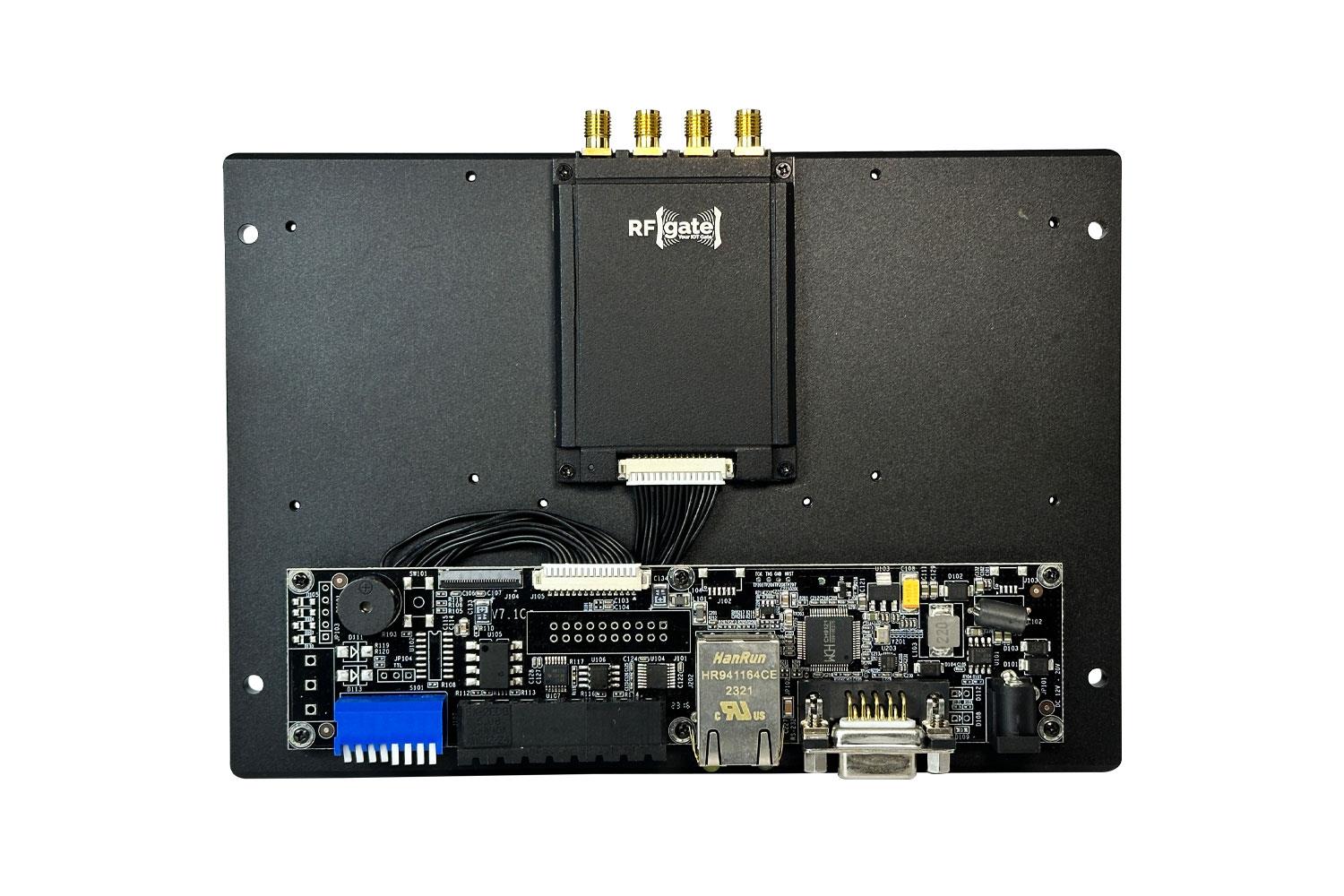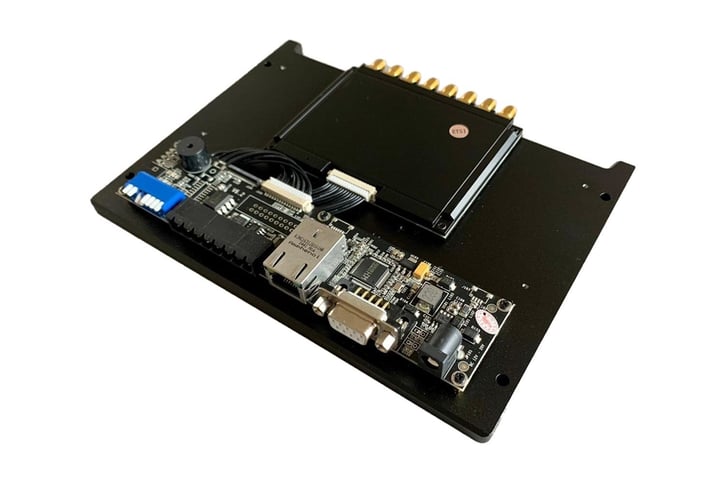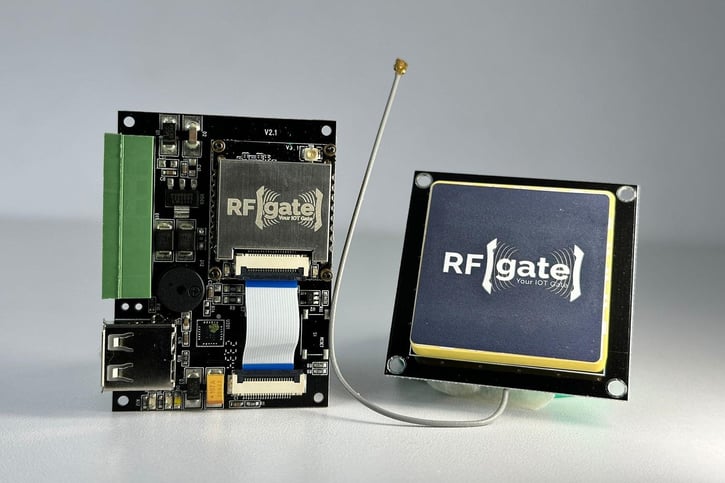RFID Reader Modules

RFID reader modules have become essential in various industries. This has revolutionized inventory management, access control and supply chain logistics. These compact devices facilitate seamless data exchange by using radio waves to communicate with RFID tags. Any RFID system has reader modules that interface with RFID tags to receive and process data. Let us enter the field of RFID reader modules by understanding their functions and applications.
Understanding RFID Reader Modules
Reader modules, it acts as an intermediary between RFID tags and the central system and interprets the data transmitted by the tags. They consist of an antenna, a transceiver and a controller that collectively enable communication with RFID tags.
Key Features and Specifications
Typically compact in size, the reader modules have a variety of features such as multi-frequency support, read range and data transfer rate. They are offered in different form factors that meet different industry requirements, from handheld devices to stationary readers.
Applications in Industries
In retail, they facilitate inventory management by providing real-time visibility of stock levels. In logistics, they improve supply chain efficiency by tracking assets throughout the transportation process. And in access control systems, these modules enable secure entry via RFID-enabled cards or key fobs.

Integration and Compatibility
They typically support various communication protocols such as UART, USB and Ethernet, facilitating seamless integration with existing systems. They are compatible with different RFID tag types, including passive and active tags, offering versatility in deployment.
Developments in Technology
With advances in technology, modern RFID reader modules have improved read ranges. They also have faster data transfer rates and improved accuracy. Some modules now feature cloud connectivity, allowing remote management and data analytics.

Challenges and Considerations
Despite its numerous advantages, it faces challenges such as signal interference and compatibility issues with legacy systems. Furthermore, privacy concerns related to data security and unauthorized tracking remain important issues to consider.
Looking to the Future
With expected continued advances in areas such as miniaturization, energy efficiency and integration with IoT ecosystems, the future of RFID reader modules looks promising. As industries embrace digital transformation, RFID technology is poised to play a key role in shaping the future of connectivity and efficiency. As a result, RFID reader modules represent the cornerstone of modern technology. They also facilitate seamless data exchange and increase efficiency across a variety of industries. With ongoing innovations and adaptations, these modules are poised to redefine the connectivity and logistics landscape in the coming years.
Labels: RFID Reader Modules rfid, active rfid, rfid tags, rfid reader, rfid reader modules, rfid reader, rfid reader module, rfid reader,
March 20, 2024
Return to List